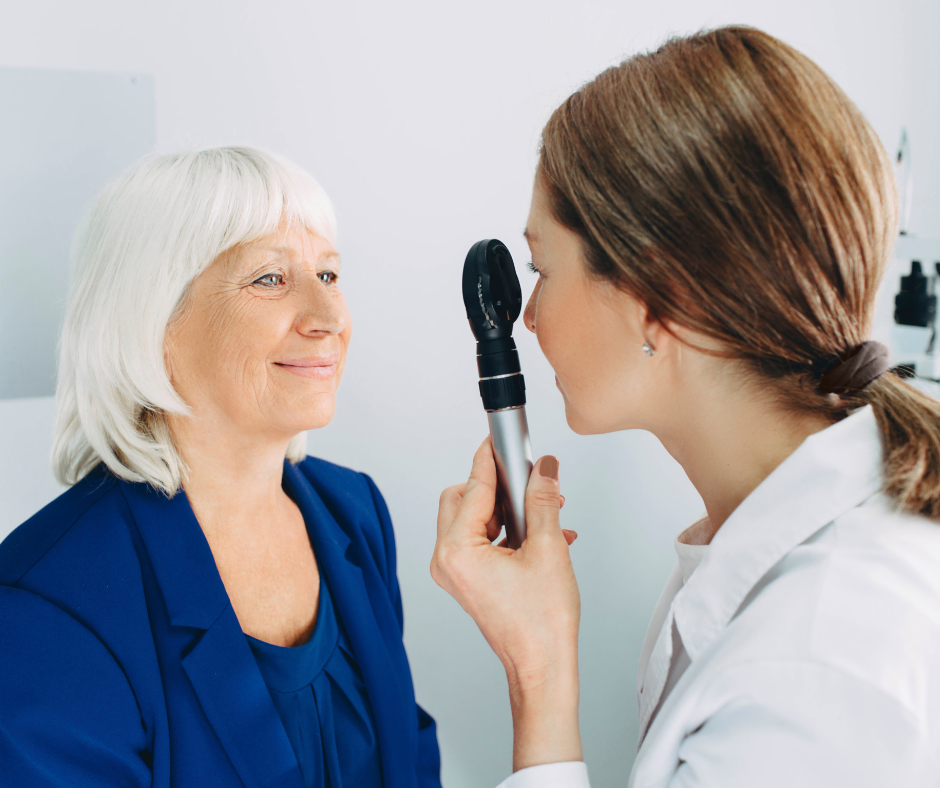DIABETIC EYE DISEASE
Ophthalmologist & Optometrist located in Wantagh, NY & Massapequa, NY
DIABETIC EYE DISEASE
If you suffer from diabetes, you have a high risk of developing diabetic eye disease and resulting blindness. The doctors at South Shore Eye Care in Wantagh and Massapequa, New York, take ample time to counsel and educate you, empowering you to take control of your health and wellness every day. If you have diabetes, South Shore Eye Care recommends scheduling a comprehensive exam with one of its highly qualified and dedicated ophthalmologists today.
WHAT IS DIABETIC EYE DISEASE?
Diabetic eye disease describes a group of eye diseases that develop as a complication of diabetes including:
- Cataract, which is condition in which the lens of the eye become clouded
- Diabetic retinopathy, which refers to damaged blood vessels in the retina
- Glaucoma, which is increased intraocular pressure (IOP) that damages the optic nerve and causes vision loss
- Diabetic retinopathy is the most common eye disease in diabetics and a leading cause of blindness.
WHAT ARE THE SYMPTOMS OF DIABETIC RETINOPATHY?
Unfortunately, diabetic retinopathy comes with no warning signs until damage exists. Because you aren’t likely to experience symptoms associated with diabetic retinopathy, annual eye exams (or more frequent visits depending on your ophthalmologist’s recommendations) are a critical component of prevention, early detection, and treatment.
WHO IS AT HIGHEST RISK OF DIABETIC EYE DISEASE?
Anyone with diabetes is at risk, and the longer you’ve suffered from diabetes, the higher risk you face.
IS THERE ANY WAY TO PREVENT DIABETIC RETINOPATHY?
You can’t prevent diabetic retinopathy, but you can reduce your risk by keeping your blood sugar levels under control. Research shows that patients with controlled blood sugar levels were less likely to progress to severe retinopathy. Other measures you can take include:
- Taking your diabetes and other medications exactly as prescribed
- Abstaining from smoking
- Maintaining a healthy weight
- Getting regular physical activity
HOW IS DIABETIC RETINOPATHY TREATED?
In most cases, the best treatment available is laser surgery. This procedure, paired with adequate follow-up and ongoing monitoring and treatment, can reduce the risk of blindness by as much as 90%. However, it cannot restore vision that’s been lost due to diabetic retinopathy. That’s why it’s so important to prioritize eye health even when you feel fine.
HOW IS DIABETIC RETINOPATHY DIAGNOSED?
Diabetic retinopathy is diagnosed during a dilated eye exam performed by your ophthalmologist. Sharing your history of diabetes with your ophthalmologist is a critical component of your care.
HOW CAN EXAMS HELP?
Eye exams are important in detecting retinopathy before irreversible blindness occurs, but in some cases, diabetic retinopathy is identified before a patient even knows they have diabetes. In these cases, an eye exam can be lifesaving.


